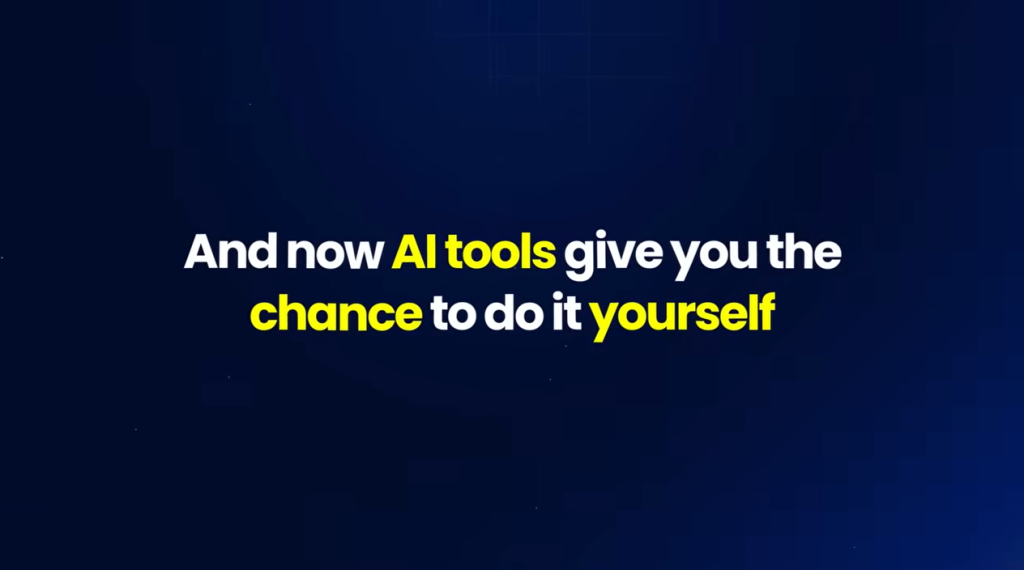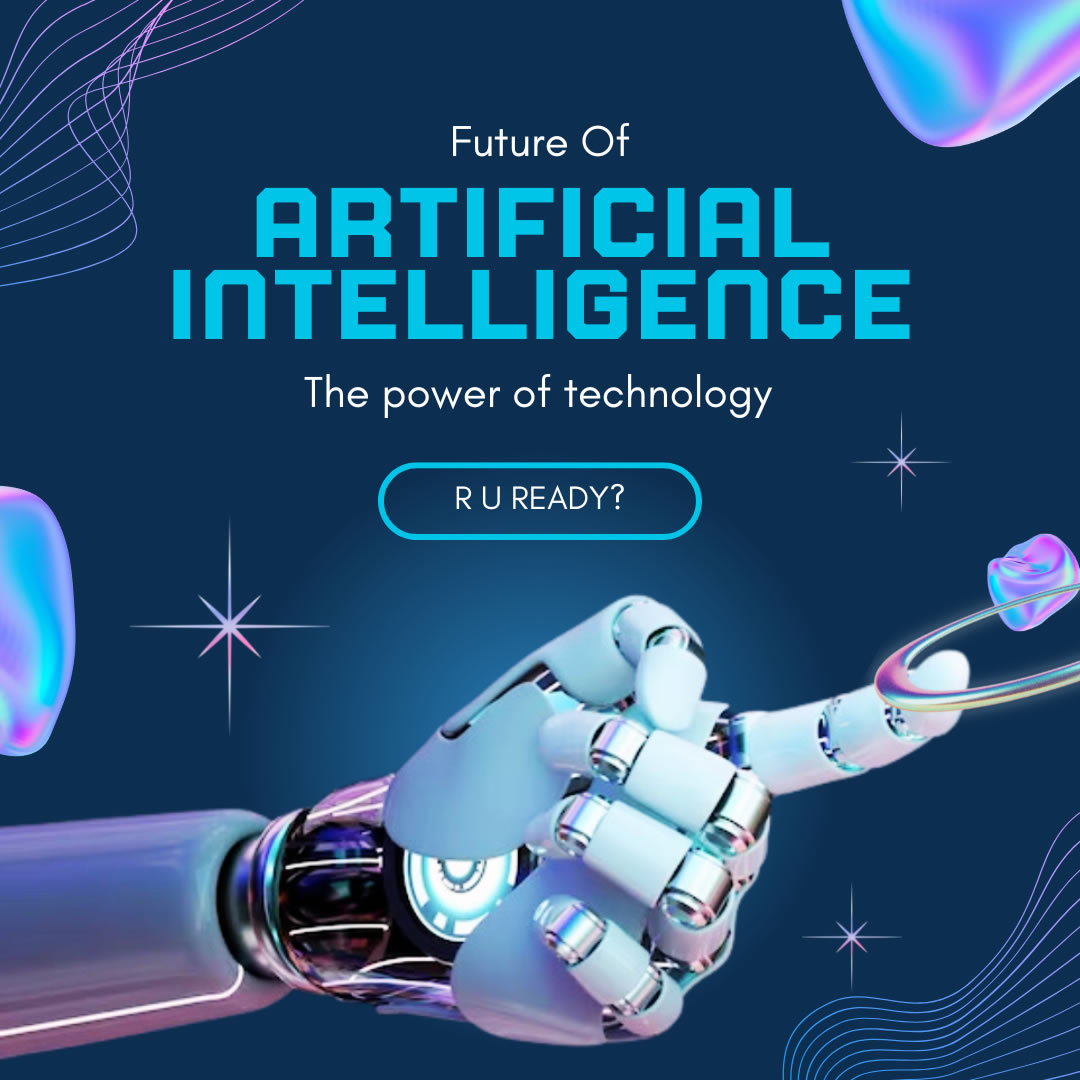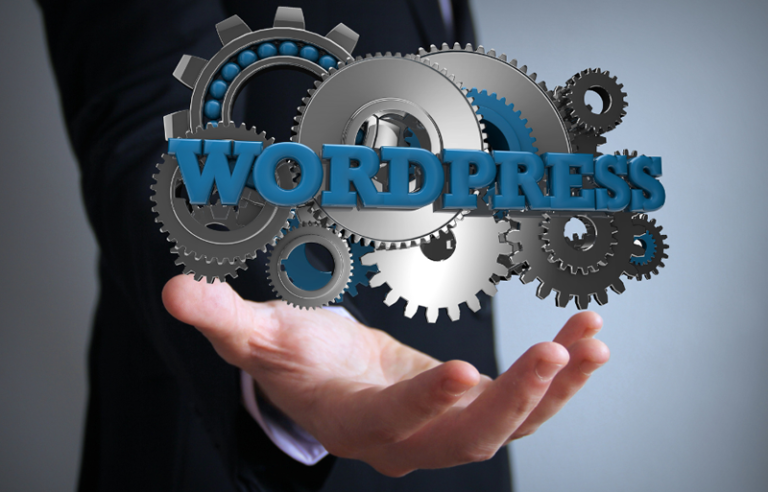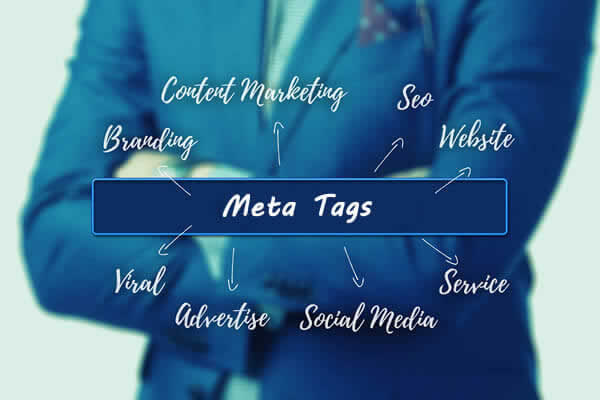AI Web Design for the future – 12 Surprising Facts
How AI will affect web design services in the next five years
Here’s a breakdown of how artificial intelligence (AI) is poised to impact web-design services over the next five years.
What it will mean for website designers and/or agencies, and how you (if you offer or buy web-design services) might prepare.
The goal: move beyond “AI is going to take over everything” to “here’s what will change, what stays, and what to focus on”.
Here is a great resource. AI News

AI is an amazing tool in the right hands; it can be a real asset to anyone, whether in web design or social media, and indeed, a large part of our everyday lives, if used responsibly.

What’s already happening
To set the stage, several trends are already well underway:
Many web-designers report using AI tools for mundane tasks: “58% use AI to generate imagery or media assets for websites; 50% rely on AI to design full web pages from layout concepts.”
The market for AI in web design is growing rapidly: one source says the global AI in website‐design market was valued at ~$1.2 billion in 2022 and projected to reach ~$4.8 billion by 2028.
Tools are automating many of the repetitive or technical tasks (layout generation, basic coding, templates), so website designers spend less time on grunt work and more on higher-level things.
Personalisation, user-specific content, adaptive layouts are increasingly powered by AI.
And so, the foundational shift is already in motion.

So what is changing?
What will change in the next 5 years (roughly 2025-2030)
Here are the major changes I expect (and many analysts expect) across web-design services.
Greater automation of “basic” web design
More websites will be built via “AI assisted / AI generated” workflows where you give brand guidelines, target audience, content and the AI produces layout + template + content suggestions.
The time to launch a simple website will continue to shrink. The “brochure-site” / small business website market will face more competition from cheap/fast AI-based solutions. (Reddit commenters already see this)
Designers and agencies will shift more of their workflows: less manual “design each page” and more “curate + refine the AI output”.
More personalisation and dynamic UX
Websites will increasingly adapt in real-time for individual users: layout, imagery, calls-to-action, and copy may change depending on user behaviour, history, device, and even mood.
AI will continuously test, optimise and adjust websites post-launch (A/B testing, layout tweaks, content experiments) rather than manual periodic updates.

Roles of designers/creatives shift
As tools automate the more technical or routine parts (coding repetitive parts, template generation and image generation)
The value of human designers will lie more in strategy, brand identity, user-experience insight, storytelling, and creative direction.
For example, a top tool-maker noted that “if development gets easier and faster, then what is your differentiator?
It’s design, craft, attention to detail.”
Designers may need to become more “AI-tool-fluents”: knowing how to prompt, how to guide AI, how to curate and refine the AI output, rather than fully do everything by hand.
Lower cost / lower barrier to entry for simpler sites
Because AI can reduce time + manual labour, simple web-design services may become cheaper or commoditised. That means competition may increase, especially for “standard” websites. Reddit posts reflect concern among freelancers.
For clients (businesses), this means they might expect quicker turnaround and a lower price for straightforward sites.
New services, new value propositions
Given the automation of simpler tasks, agencies/designers might increasingly specialise in complex integrations, customised experiences, high-end UX, brand-centric design, or ongoing optimisation, analytics services, rather than just “build a website and hand over”.
Some web-design firms may evolve into “experience centres” or “digital strategy + human + AI” teams rather than just page creators.
- Issues and considerations will become more important

Accessibility / inclusivity:
AI will help generate automatic alt text, voice navigation, and real-time accessibility improvements. But also risk bias or generic solutions.

Ethical / brand/originality concerns:
With more templates and automated design, differentiating a brand may become harder; ensuring authenticity will matter more.

Quality / human oversight:
AI is great for patterns/scale but still struggles with nuance, deep customisation, unusual brand specs. Human supervision remains crucial.

Skill shift:
Designers and developers may need to up-skill in AI-tool usage, data & analytics, UX research, system integration rather than just “hand-coding”.
Business model changes:
Because fewer hours may be needed for basic builds, agencies may shift to subscriptions, ongoing service models, or higher.

Check out this great video below from; @workwise12367.
The 4 best free AI Website builders in 2025.






